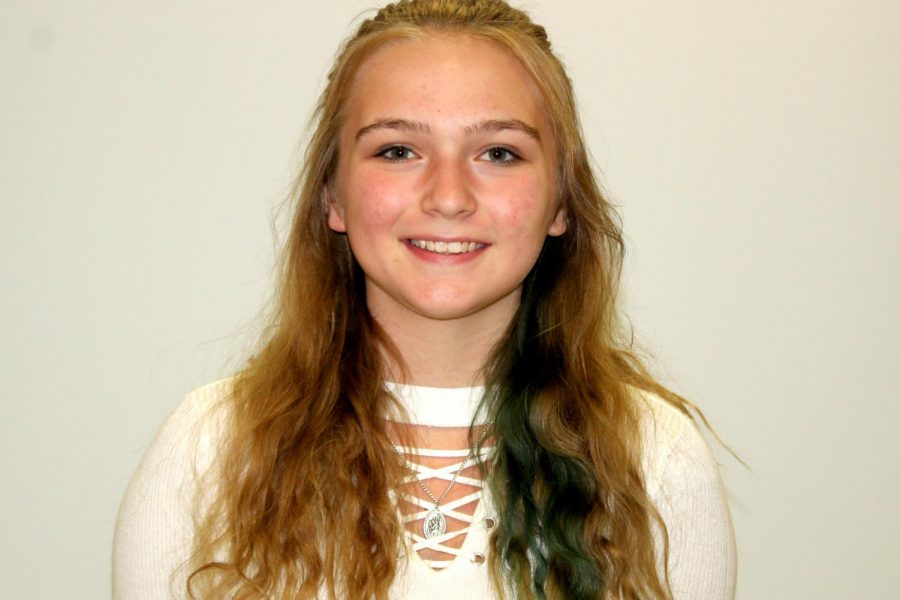Homework stresses teens
As students age and come closer to the real world, homework and assignments are bound to get harder.
But instead of teaching us how to find the area of a rectangle, the workload is impacting our health.
Homework is supposed to teach us lessons without the guidance of a teacher, but the amount of work we are expected to do by ourselves is difficult.
You may be doing your algebra homework, look at the clock, see that it is 1 a.m., and realize you still have to finish your reading log entry.
Staying up late to finish assignments makes you tired for the next day.
This takes a toll on students, especially for Advanced Placement and honors students.
AP students take a college-level course to potentially earn college credits, which puts a lot of pressure on them to pass.
But to top this pressure off, the large amount of homework adds a new level of stress.
On a daily basis, normal classes get a lot of homework.
But AP and honors students sometimes have double the normal workload.
Junior Laura Kendrick takes AP classes. She thinks the workload increases with advanced courses.
“In most of the AP classes I’ve taken, for instance, there is typically homework that is due daily, as well as extra projects our classes do that general educational classes don’t,” Kendrick said.
Yet much of the homework given out doesn’t seem to help us, only ruining our sleep cycles.
Students have a lot to do during the day and they have to stay up all night doing homework for the next day. It is tiring.
Many students don’t get a full night of sleep because of their workloads, even though they need at least eight hours of sleep each night.
Many students think they don’t really need to sleep eight hours, so they work late into the night on their assignments.
But lack of sleep has many physical impacts.
According to the National Health Service in the United Kingdom, lack of sleep makes concentration difficult, causes quick fatigue, and increases the risk of accidents and injuries.
Lack of sleep can also put people at risk for conditions like obesity, heart disease, and diabetes.
Students can’t always solve their workload woes by getting help from others. Though students can regularly get help from teachers and National Honor Society tutors, many cannot find time for this in their schedules.
After-school activities or work can take up a lot of time after school.
Students also need to spend time with their families and friends to build social skills.
Students shouldn’t have to worry about taking an E in a class because they want to sleep.
Students shouldn’t have to worry about sacrificing their health because they want an A.
Instead of suddenly giving a student a paper to write or a large assignment to complete, teachers should give them a shorter practice worksheet to better their skills in less time.

Birthday: Dec. 18, 2003
Hobbies/Interests: I enjoy reading, listening to music, and writing.
Favorite Quote: “You've gotta dance like there's...







Hannah Hendley • Jun 5, 2019 at 5:20 pm
Hi Riley! As a recent high school graduate and now a sophomore in college, I understand homework as a young teen can be quite stressful and overwhelming. It can be especially difficult for honors students, but that’s the point. High school is not supposed to be easy, it is meant to prepare you for the real world. Staying up until 1 am for algebra? In college, you may stay up until 1 am with 3 essays due the next day, 2 quizzes that were due at 11:59, along with a lab report, and you go “well crap”. It’s all about time management, girlfriend. I will tell you though, living on campus makes it 10x easier. There are so many great recourses and you literally eat, breathe, and sleep school; no time for distractions. Sure you’ll be tired, exhausted, and sick but I believe in the end it will be worth it. Keep up the hard work, make mistakes, and don’t be afraid to fail because it’s inevitable, but not impossible to get back up. Good luck!